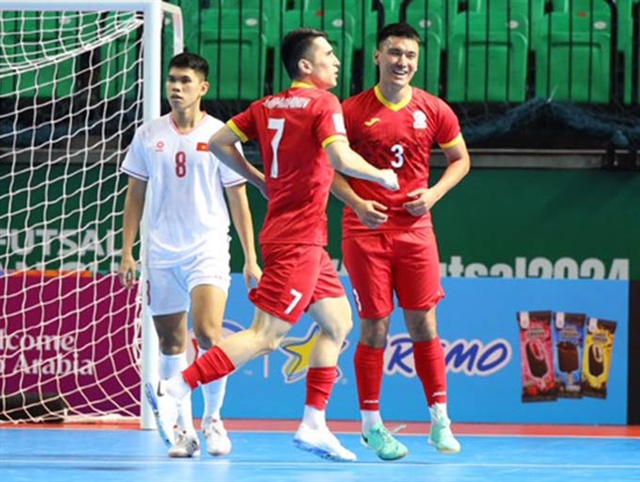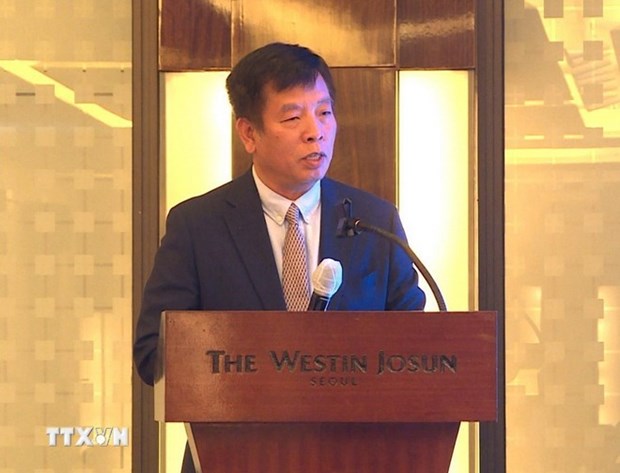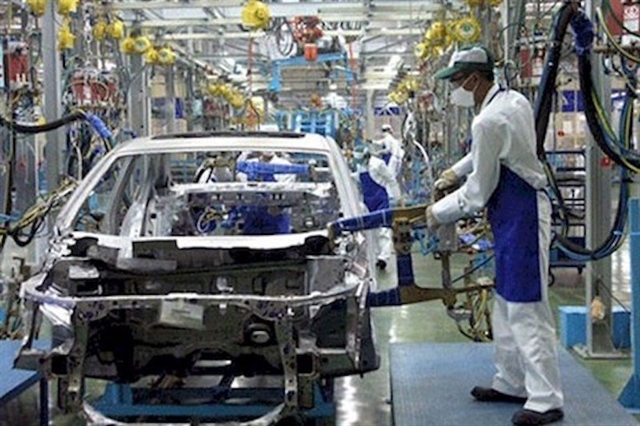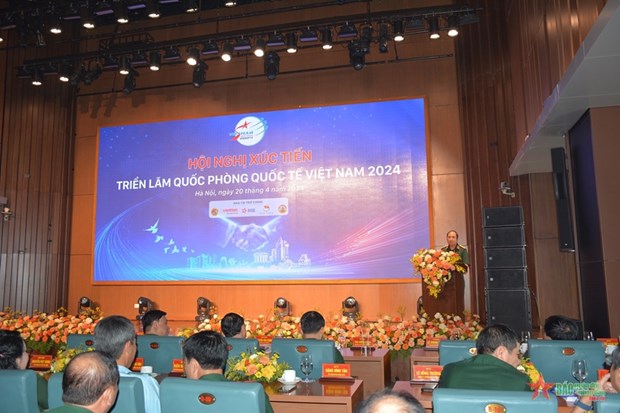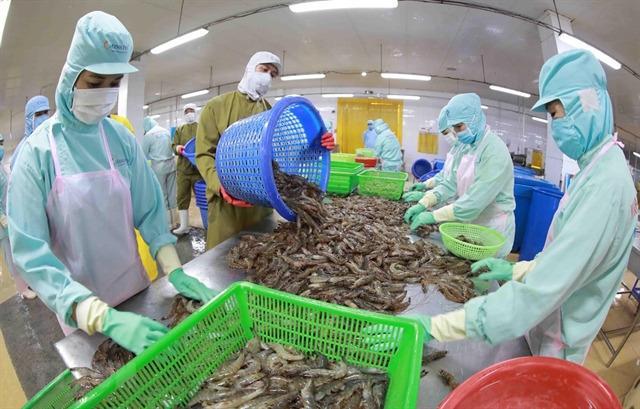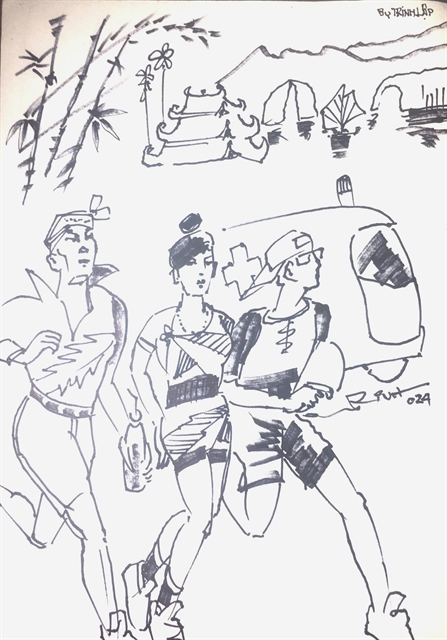 Talk Around Town
Talk Around Town

In a country where organ and tissue donation is regarded as a relatively new concept, incentives play a humble role in encouraging people to take action.
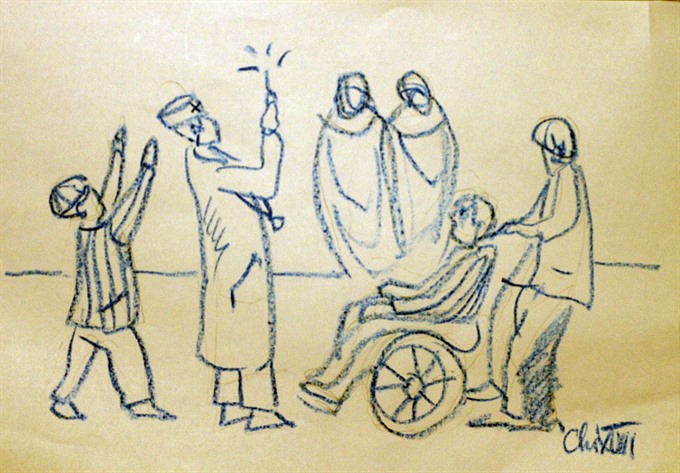 |
| Illustration by Đàm Minh Chí |
Khánh Dương
In Việt Nam, more than 16,000 people nationwide suffering from heart, liver, kidney and lung failure are in need of transplants. Some 6,000 people suffer from cornea-related problems and are waiting for replacements, according to Việt Nam National Coordinating Centre for Human Organ Transplantation.
The number of people waiting for organs and tissues has soared. Yet, while demand keeps growing, there remains a shortage of supply. More than 13,000 people in Việt Nam registered for organ and tissue donation while still alive or after they are dead or brain dead. However, this number is low, given the current population of over 90 million.
In a country where organ and tissue donation is regarded as a relatively new concept, incentives play a humble role in encouraging people to take action.
Đặng Thị Khánh, from northern Bắc Ninh Province, needed a kidney transplant seven years ago. Both of her parents said they were ready to donate their organs to save their daughter. To decide whose kidney would be suitable for the transplant, her father and mother had to undergo a series of medical tests of which expenses had to be paid by the donors.
Shortly after the successful donation, the family faced a steep financial burden. At this time they had to sell agricultural land to afford the cost of the tests.
After registering to donate organs, living donors will be called on if someone needs a transplant. A strict process of medical testing and screening has to be conducted to test the suitability of the donor’s organs with the recipient.
According to the law, living organ donors are entitled to free health insurance cards after their organs or tissue are removed. However, before the transplant, they still have to pay for all medical tests, regardless of if they have health insurance or not.
“Health insurance currently does not cover expenses for donors’ health checks before transplant,” said Nguyễn Hoàng Phúc, deputy director of Việt Nam National Coordinating Centre for Human Organ Transplantation.
“Medical facilities do not have the funds to pay for the expenses too,” he said, calling it “a gap in the policy” to encourage living people to donate organs.
The estimated costs for the tests can rise to VNĐ20 million (US$8,700).
“It is such an enormous expense. The donors have to suffer physically from the surgery and possibly experience complications following the procedure that may affect their whole lives. Now, expenses of donors are not covered. Who else is willing to do voluntary work but have to spend money?” said Hà Thu, an officer in Hà Nội said.
Lê Thành Hưng, a doctor at a hospital in HCM City said “I hope at least medical test expenses will be partly covered for the donors because they are worth incentives like this.”
Đặng Hoàng Giang, deputy director of the Centre for Community Support and Development Studies, whose family was the first in Việt Nam to register to donate their organs and tissues, told Việt Nam News that this regulation creates a barrier for many people to register for donation and donate organs and tissues.
“Many people came to the centre for organ and tissue donation. However, after knowing that they have to pay for the tests by themselves, they gave up,” Phúc said.
Professor Dr Nguyễn Anh Trí, former director of the National Institute of Hematology and Blood Transfusion said that as health insurance prices in Việt Nam are very low, the budget remains limited. It is hard to have extra funds to cover expenses related to organ donation and transplant. At a time when organ donation and transplant demand is on the rise, health insurance is not able to pay for these expenses.
Financial burden reduced
It can not be denied that a successful organ transplant helps reduce the burden placed on health insurance funds, which are already overloaded with other issues.
“A donor saves a patient. If the recipient lives well with the transplanted organ, the expenses from health insurance for the patient’s treatment will significantly diminish,” said Phúc from the National Coordinating Centre for Human Organ Transplantation.
Organ donors, especially living ones, should receive relevant incentives for their donation.
In fact, the law on donation, removal and transplantation of human tissues and organs and donation and recovery of cadavers which took effect in 2007 mentions benefits of donors from whom tissues or organs have been removed, including free health care and rehabilitation, free regular health checks and prioritised transplantation of human tissues or organs at the prescription of a medical establishment.
But the benefits should not end there.
Đặng Hoàng Giang said that State agencies should create favorable conditions for organ and tissue donors by allocating budget to pay for medical tests of donors.
Phúc recommended that the medical testing and selecting of final stages should be covered even when the final result shows donors are not qualified.
Free health insurance cards for the donors must be valid at any healthcare facility.
The living donors from whom tissues or organs have been removed should enjoy social benefits such as priority of tuition fees at public schools, reduced or free hospital fees (or for the donor’s children and grandchildren), and subsidized public transport, Phúc said.
Several weeks ago, a story about a seven-year-old girl with cancer who donated her corneas after passing away touched the hearts of the public. Many people were inspired to register for organ and tissue donation. At the beginning of March, the number of registered donors in ten days surged to a record of nearly 1,000.
Organ donors, no matter if they are living or dead, are worthy of praise for their life-saving contributions and for inspiring others.
Because organ donation is an inspiring action to spread sympathy to the disadvantaged, donors should receive motivational incentives.
Offering incentives is truly an act of humanity. - VNS


